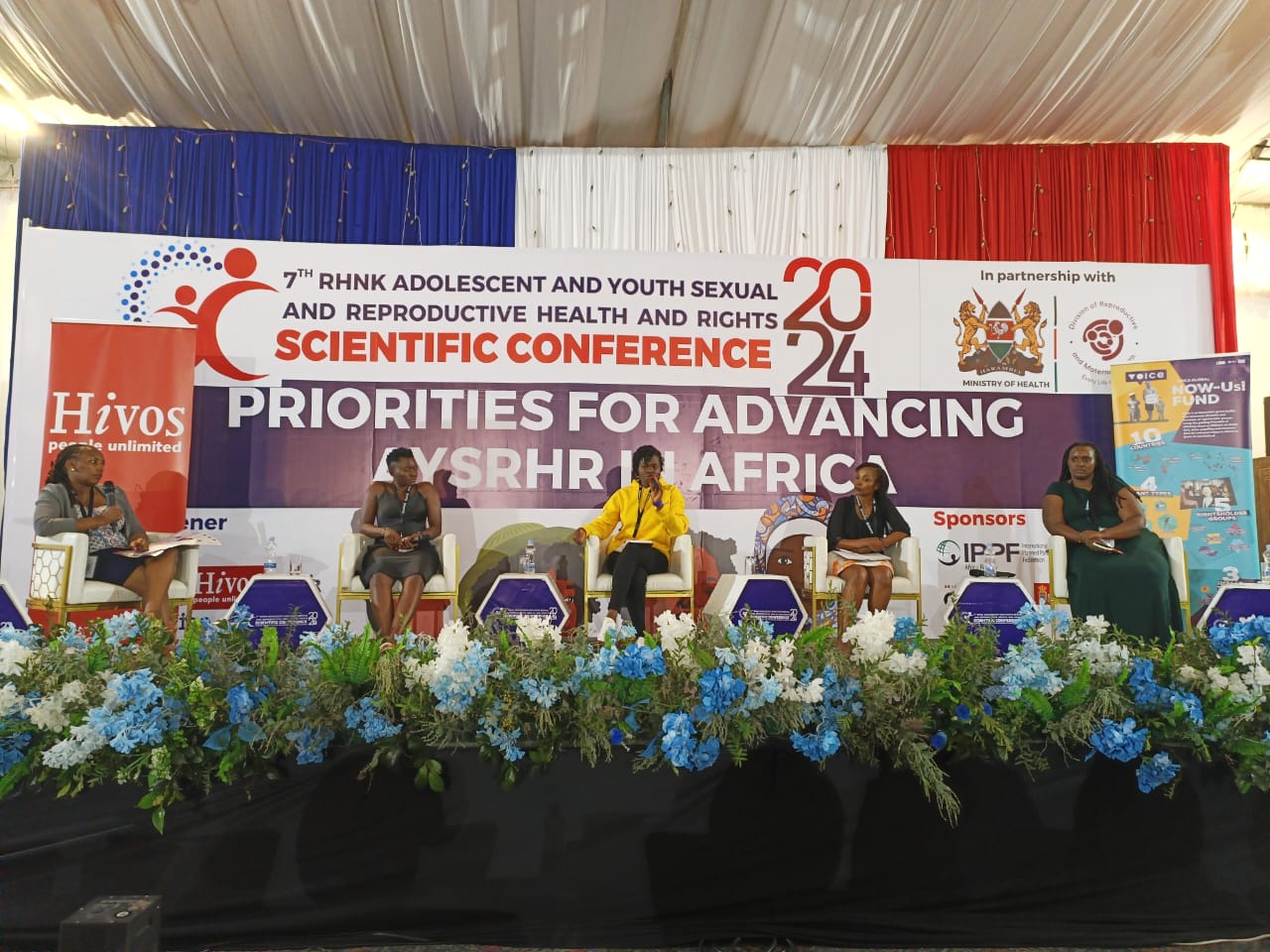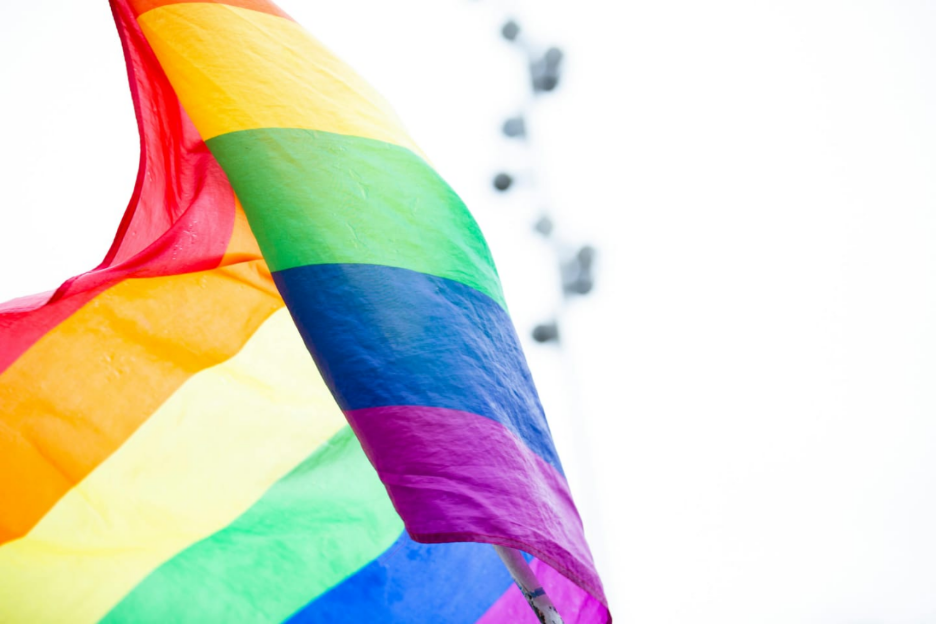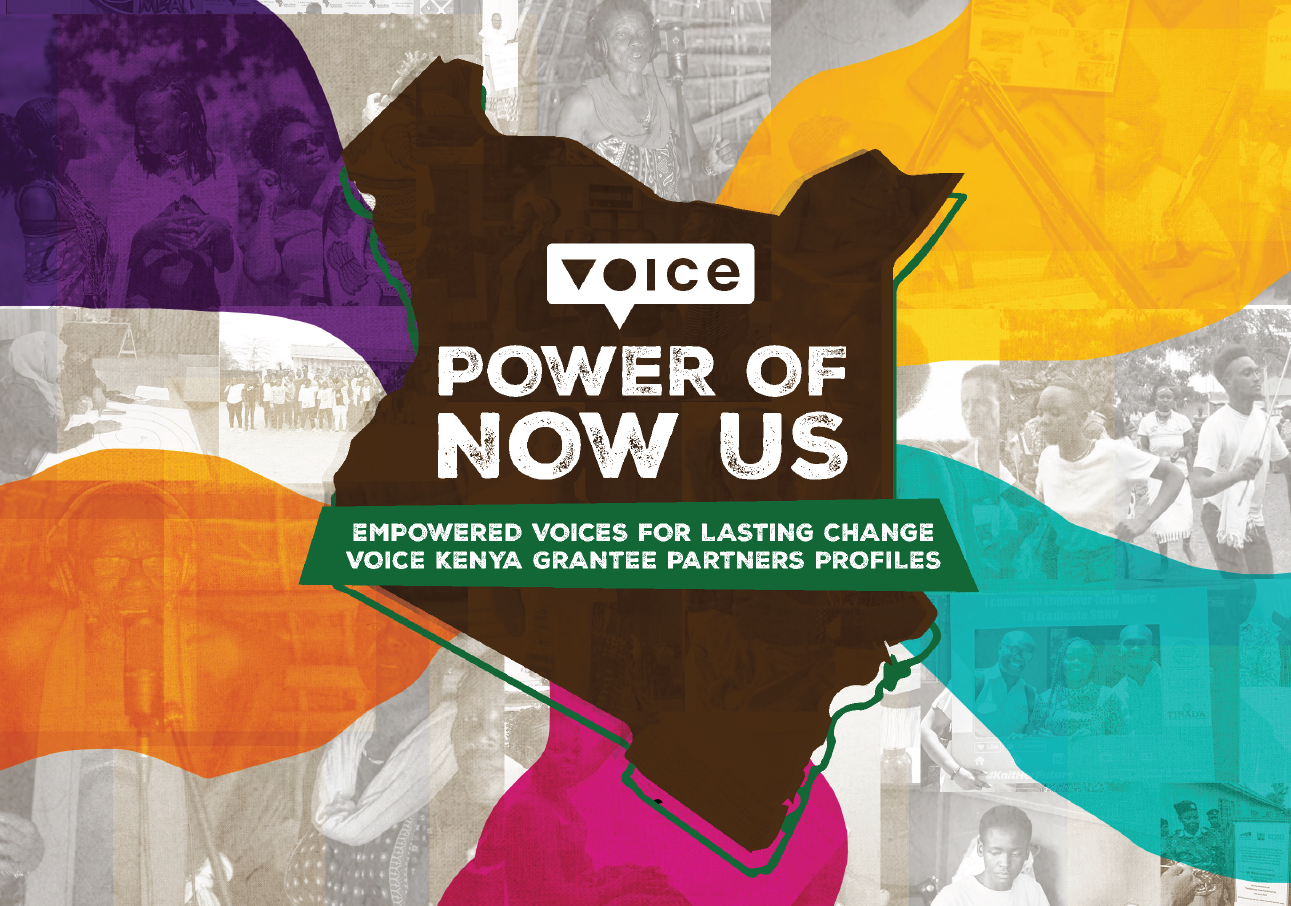Thriving Love
By; Sarah Kagendo, Director, LEHA and Wendy Otieno, Linking and Learning Amplifier Officer, Kenya.
In 2018, LEHA conducted conversation spaces that provide safe spaces for LBQ women to speak out on various violations that they face, which included but were not limited to, sexual violence, intimate partner violence, and physical abuse. During the implementation of the project, LEHA held advocacy meetings aiming to reduce stigma for LBQ women which has seen resulted in the majority of them not accessing basic services.
Through the project period, LEHA met several women such as *Nanjala who stayed with abusive guardians who beat them regularly due to their sexual orientation. Nanjala didn’t have an income which made it hard for her to seek alternative residence Nanjala’s first instance of reporting was in December 2019. She was then taken through comprehensive counselling which included trauma counselling ways to identify red flags before violence can happen as well as how to take care of her mental wellness.
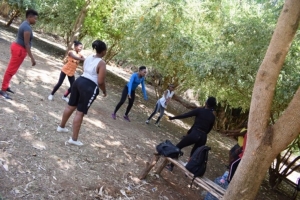
In June 2020, the violence occurred again but with the help of paralegals who have been trained by the National Gay and Lesbian Human Rights Commission (NGLHRC) the team was able to involve NGLHRC who then supported Nanjala with relocation. Nanjala now has a business together with their partner for selling shoes and clothes which caters for their basic need, and most importantly, they are safe.
Nanjala’s story is one among the many that the LEHA team handled during their project implementation. The advocacy forums conducted, ensured that the LBQ community is aware of their rights and is more willing to access Sexual Rights Health (SRH) services without fear of stigma and discrimination. The peer education sessions created a safe space for more of the rural LBQ persons to access information mostly on COVID-19, sexual orientation, gender identity and expression and sex characteristics, violence, hygiene, and human rights thus increasing biomedical and psychosocial services access in more interior regions of Kiambu County and a drop in at the centre as well as the community outreaches.
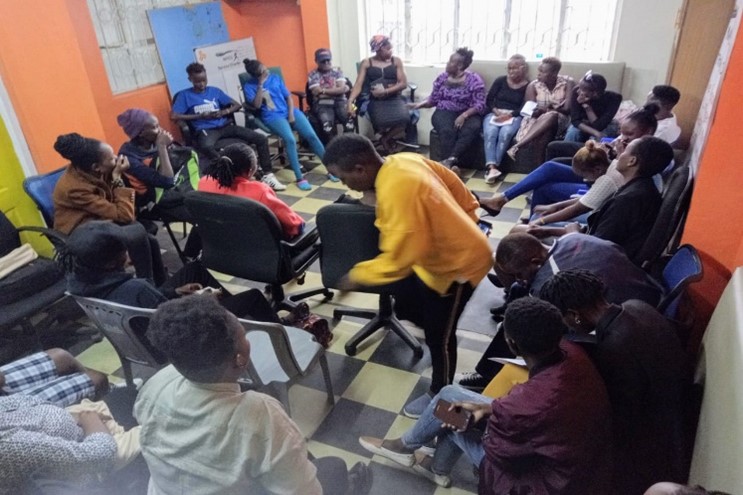
Additionally, LEHA was included in the key population technical working group that focuses on addressing advocacy issues for key populations in Kiambu county. This group consists of key population partners; LVCT health, Mamboleo Peer Empowerment Group, LEHA self-help group, and the County health management team who are key drivers in the health issues for Key populations who include Sex workers, Men Having Sex with Men (MSM) People who Inject Drugs (PWID) and LBQ persons.
Before the pandemic, the LEHA constituents were facing challenges with their mental health due to the stigma and discrimination; this was made worse by the pandemic since it brought about effects that were more psychologically challenging. Psychosocial support groups to groups of individuals and mental health clinics in the outreaches have kept the psychosocial support ongoing thus mental health is well catered for. As a result of all these interventions, health education on violence prevention and reporting has created more awareness thus more cases being documented especially with the rise of violence during the pandemic.
*Please note for the purpose of this story, the name Nanjala is not the actual name of the individual whose story has been shared.

